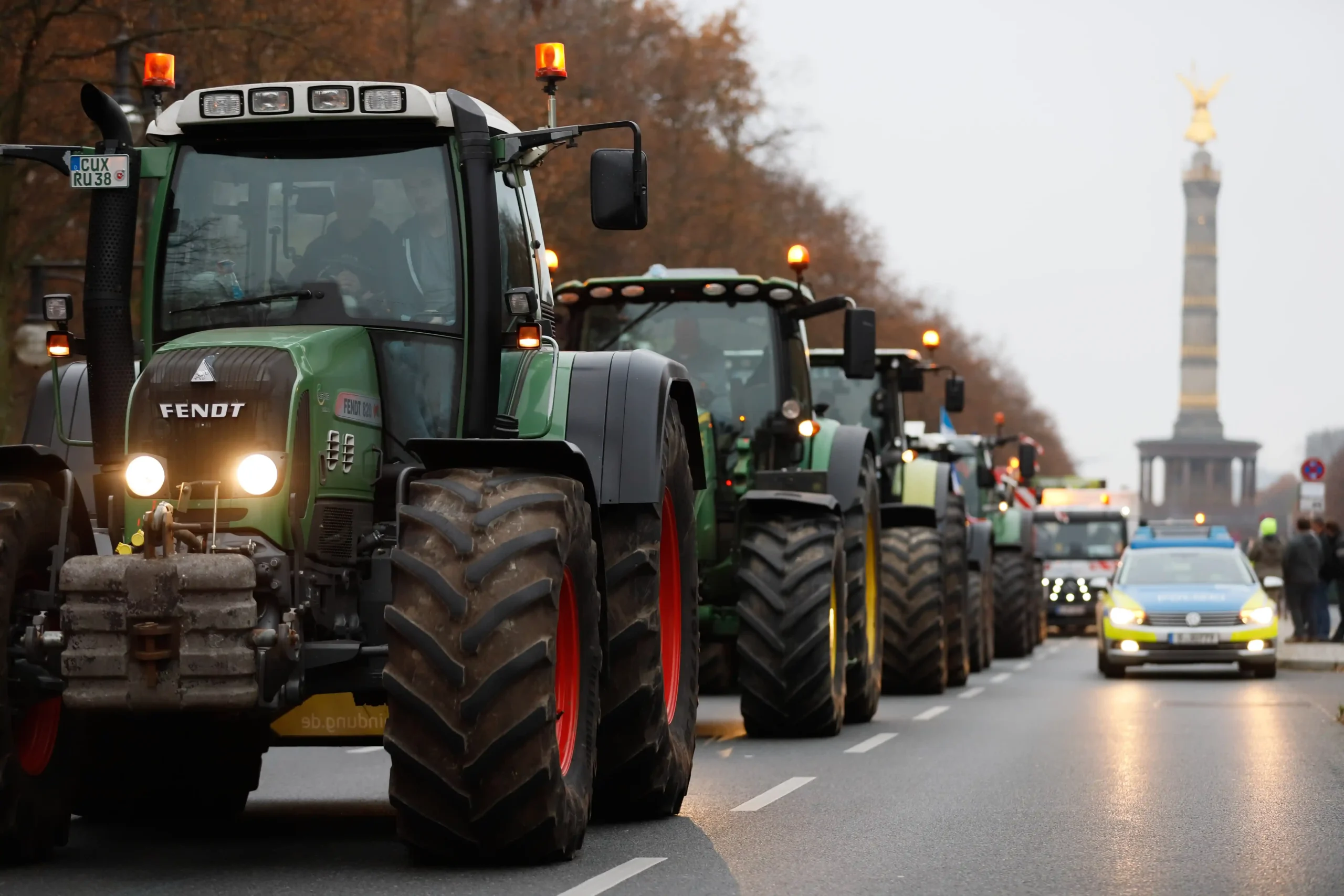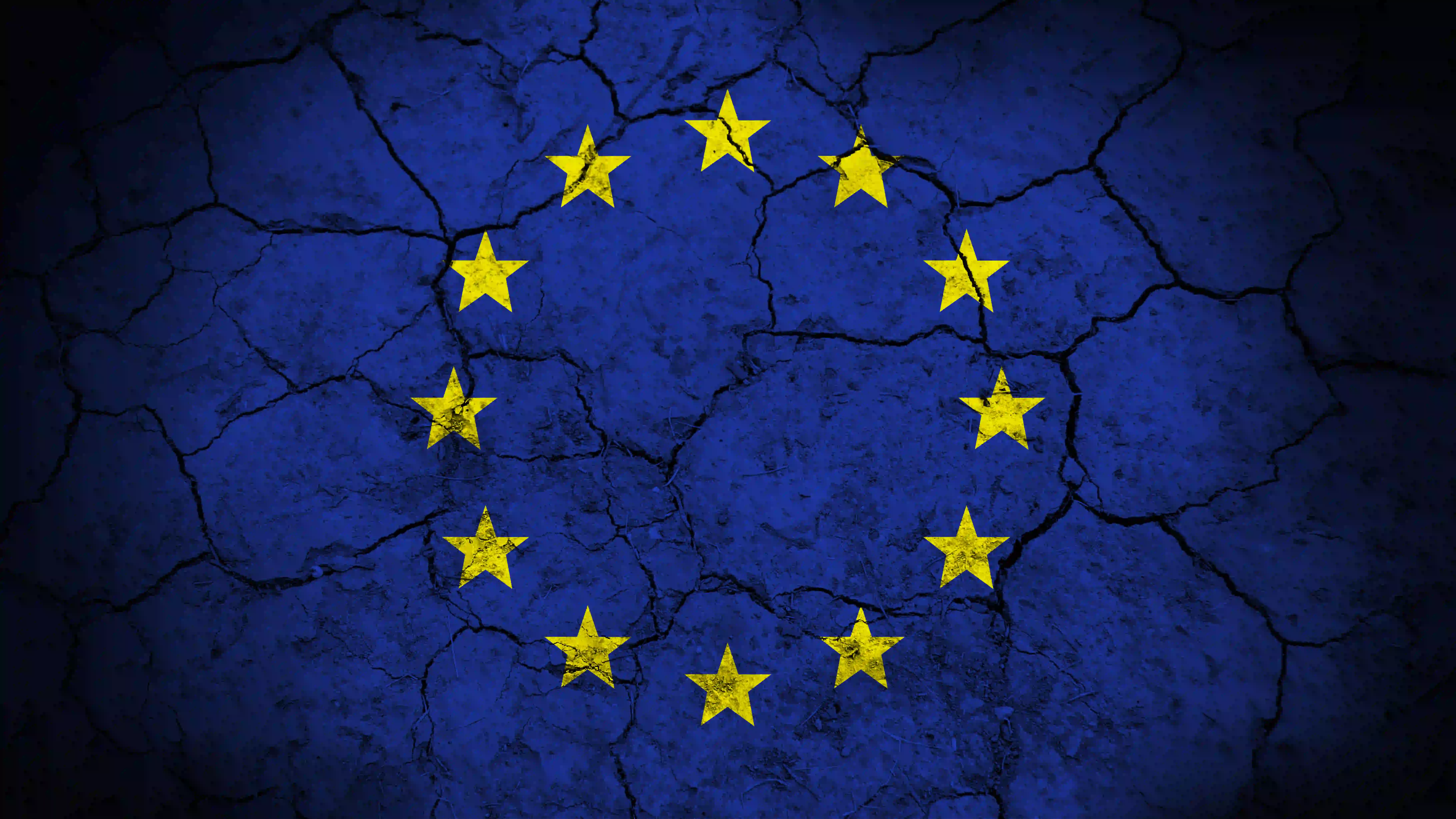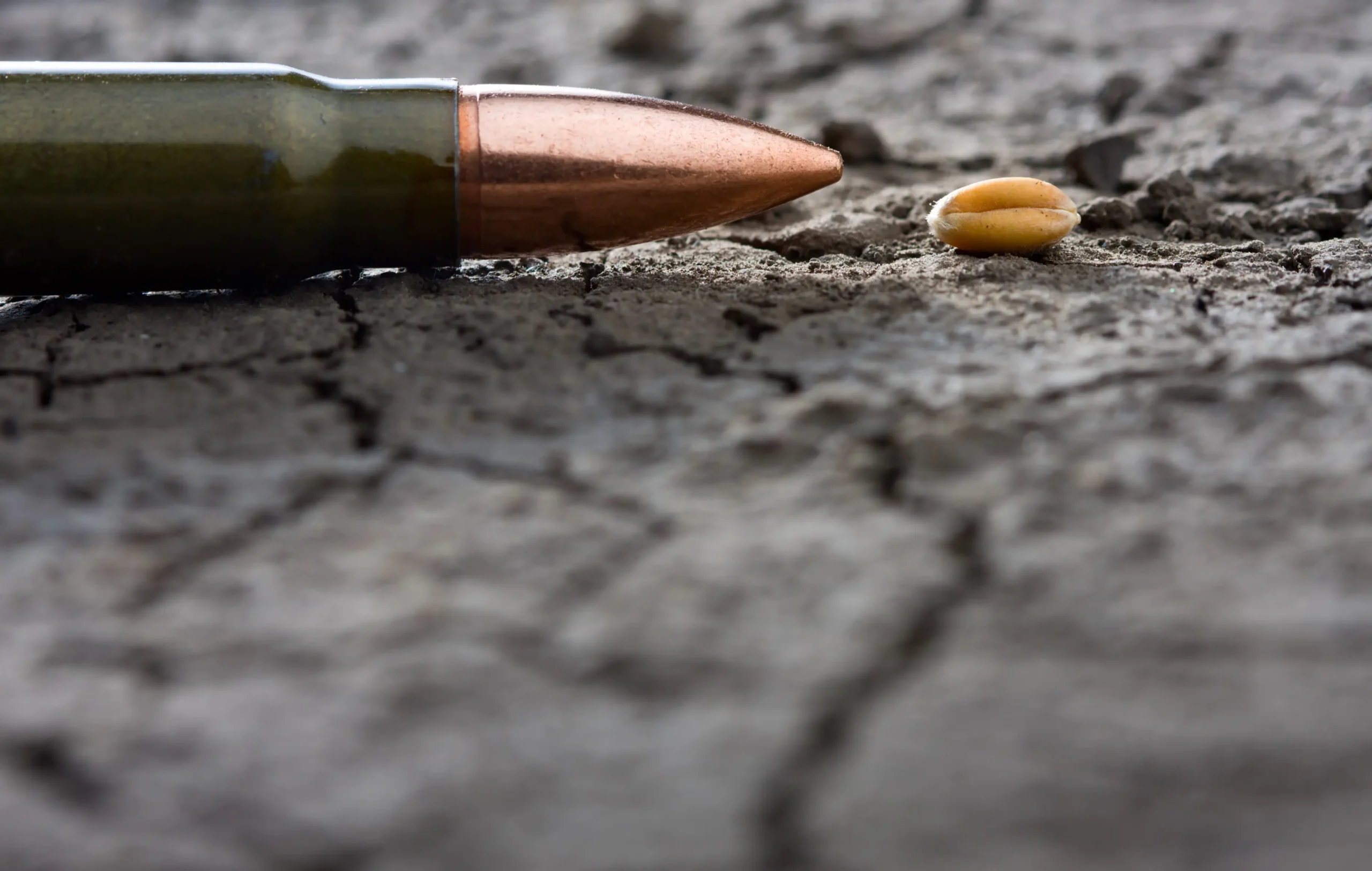27 Aug 2024
The European Union’s Troubled Route to Raw Materials
A strategic mineral agreement between the European Union (EU) and Rwanda has sparked controversy. This deal is aimed at securing a supply of essential minerals required for the production of clean technologies, such as solar panels and electric vehicles, by importing these resources from Rwanda to the EU. Months later, the EU signed another agreement with Serbia to import lithium, focusing on sustainable raw materials, battery value chains, and electric vehicles. These agreements are part of the EU's broader raw materials diplomacy, aimed at ensuring the supply of critical raw materials. To date, the EU has formed partnerships with 14 countries to support its transition from fossil fuels to renewable energy and clean technology. While the text-book definition of diplomacy is traditionally understood as a tool for preventing conflict, the EU's approach to raw materials “diplomacy” would create more issues than it should resolve.
15 Aug 2024
Syria-Turkey Normalisation: Are Yesterday’s Enemies Today’s Friends?
Since the eruption of the Syrian Civil War in 2011, several countries have cut diplomatic relations with Syria turning Damascus into a pariah state. 13 years later, the shifting regional geopolitical landscape appears to be ushering in a new reality. Today, both regional and global powers are moving toward rapprochement with Syrian President Bashar Al-Assad’s regime. In a significant U-turn, Turkish President Recep Tayyip Erdogan, once a staunch opponent of Al-Assad, is now seeking normalization with Syria. While, Turkey is not alone in this effort, Syria's potential reintegration could have far-reaching implications.
28 Jul 2024
Are the Paris Olympics Too Political?
The Paris 2024 Olympics edition is undoubtedly unique. While the Olympics have always been political, this time they are taking place amid significant uncertainty and instability in the host country, as well as on a global stage already heated by two ongoing wars which makes it a particularly distinctive Olympics. This highly anticipated event is expected to be leveraged by President Emmanuel Macron as he seeks to restore some of his lost prestige following his party's defeat in the snap elections he called for. Nevertheless, France is likely to encounter numerous internal and external challenges leaving political events overshadowing athletic performances.
27 Jun 2024
France’s Parliamentary Election: What is Going on in Paris?
In a surprising move, and after the far-right National Rally (RN) party dominated in the European elections in France, French President Emmanuel Macron announced the dissolving of parliament and called for snap elections. The move is seen as very risky, with many believing that it will further embolden the far-right whose chances of winning a parliamentary absolute majority exceeds that of Macron’s coalition. Nevertheless, Macron’s decision is not without some strategic planning. Nonetheless, whether the French president succeeds in his plan or not, watching French politics for the upcoming three years will be definitely be interesting.
5 Jun 2024
Rescheduling: Prioritising Arms over Development on the European Parliament’s Agenda
European Parliament (EP) elections have historically garnered less interest from European voters,* as domestic issues have typically dominated their concerns. Consequently, topics such as defence and security have seldom been central to European election campaigns. However, this situation has changed dramatically in recent sessions. The influx of refugees arriving on European shores and the ominous threat of war looming over the continent have shifted the focus. As a result, Europe now finds itself precariously close to a crisis that threatens to undermine the development and reconstruction efforts of the past seventy years.
Therefore, regional issues began to be politicised and exploited in European Parliament elections as security and defence issues became more urgent. Parties shifted away from discussing the Union's broader policies, focusing instead on these pressing issues, which started to play a significant role in shaping voter preferences. Consequently, these topics became more influential in determining electoral outcomes at various local government levels, ultimately impacting decisions at the level of the European Union (EU).
This analysis examines the positions and attitudes of the main groups within the European Parliament on crucial defence issues facing the EU and how these positions are reflected in the political formulation of their policies.
27 May 2024
Migration: An Everlasting Variable in European Politics?
This June, citizens of the European Union will head to the ballot boxes for the highly anticipated parliamentary elections. Migration has always been a significant issue for both voters and candidates. However, several commentators, citing opinion polls, argue that migration may no longer be a top concern, overshadowed by issues such as economic turmoil, COVID-19, and climate change. Despite this, further analysis suggests that migration continues to be an important issue. While respondents might not explicitly mention migration when asked about their concerns, it remains significant, as evidenced by the attitudes of candidates and their emphasis on the topic. This underscores the continuing importance of migration in the upcoming elections and its significance to the results.
19 May 2024
The Politicisation of EU Corruption
The European Parliament (EP) has been embroiled in a series of corruption scandals, raising questions about the integrity of EU institutions. These events have led to increased scrutiny of lobbying activities, conflicts of interest, and the "revolving door" phenomenon. As the June EP election approaches, the scandals have further fueled anti-establishment sentiments and could potentially impact the election outcome.
“I appeal to you to resist the temptation to exploit this moment for political gain.”
A statement made in December 2022 by Roberta Metsola, President of the European Parliament (EP), in response to one of the bloc’s biggest corruption scandals, reveals a larger story about the politicisation of corruption in European politics.
15 May 2024
The Far-Right Surge in Europe and its Ripple Effects on Migration in the Mediterranean
Several indicators point out to the rise of far-right wing within the European bloc including polls for the upcoming European elections and the migration deal which was passed by the French parliament last December. Far right sentiments are reflected on many issues especially Migration which holds second place in the list of most pressing issues for European voters. The New European Migration Pact, which exempts Ukrainians from the new measures, reflects European leanings towards the right adding more restrictions on Migrants, refugees and Asylum seekers especially those arriving from the Middle East and Africa. The far-right leanings do not only hold significance for the European Union (EU) but they will definitely impact neighboring countries especially countries of North Africa who act as a transit for refugees and asylum seekers aiming at reaching European shores. Migrants, refugees and asylum seekers will face catastrophic humanitarian situation due the Pact’s measures such as the screening procedure which will lead to diminished safeguards and a risk of mass detention at the borders, including for children, in countries of first arrival, the Crisis and Force Majeure Regulation which regulates what happens if there is a “crisis” at the EU’s external border. European countries themselves will be put in an unenviable position due to transit countries’ levering their geopolitical positions. Using a multi-faceted criterion, the paper argues that the new pact is just a “rebranding” of ongoing European migration policies which are found to be unsuccessful. The paper uses the EU-Turkey migration deal showcasing shortcomings of European migration policies. Findings suggest that, among other losses, far-right measures taken by EU states tend to embolden transit countries vis-a-vis European states who will lose on the political as well as the economic side. Politically, they will have to make concessions in face of transit states while economically they will have to pay huge amounts of aid for the sake of borders’ externalization and keeping migrants away.
10 Mar 2024
Macron’s War Rhetoric and his Desperate Quest for Prestige
“Nothing should be ruled out” said French President Emmanuel Macron when asked about possibilities of sending troops to Ukraine. By speaking about going to war, Macron may have aimed to dispel a long-standing joke about the French always surrendering. However, both French and NATO leaders have publicly rejected the idea of sending European or alliance troops to Ukraine. Prominent figures such as U.S. President Joseph Biden, German Chancellor Olaf Scholz, Polish Prime Minister Donald Tusk, NATO Secretary-General Jens Stoltenberg, and others have asserted that such action is not on the table. The widespread domestic and regional opposition implies that even if Macron was genuinely considering sending troops to Ukraine, he would not receive the necessary support for such a radical decision.
5 Mar 2024
How Europe Alienated Farmers and Revived Populism
This article was originally published on Ahram Online on Mar. 4, 2024.
Farming and food have become two of Europe’s most emotionally charged issues. The farmers protests that have been erupting across the EU this year are finally getting much sought after attention. But farmers have been expressing their discontent with EU policies for years and now, with a broader cost-of-living crisis, the discontent is spreading as European’s socio-economic anxieties rise. From favouring corporate interests to mishandling crises, European policies have presented populist and far-right forces with a new opportunity to pull in more voters —and it’s proving successful.
12 Feb 2024
Can the EU Endure Escalation in the Middle East?
The global economy has been struggling to recover since the impact of the COVID-19 pandemic, which has had significant repercussions worldwide. The European Union (EU) has been particularly affected by the Russia-Ukraine war due to its reliance on Russian energy. Following this conflict, the EU is gradually moving toward recovery, with an anticipated mild growth rate in 2024. However, the ongoing Middle East conflict and concerns about its potential escalation raise doubts about whether the EU can withstand the challenges posed by such an escalation.
11 Apr 2023
Between Grain and AK-47s: Russian Influence in Africa
The Russian presence in Africa has recently increased after a decline of nearly three decades since the dissolution of the Soviet Union in the nineties of the last century. Russian-African relations are part of Russia's new strategy to enhance its international influence. This strategy conforms to Russia's situation in international affairs, including its support for countries that contradict Western policies. Moscow has focused its influence on the West African region, taking advantage of Western policy mistakes, the mounting anti-European sentiment, and the long-standing failure of international and domestic actors to address the root causes of the regional instability. The first Russian-African summit in Sochi in October 2019 concluded contracts with more than 30 African countries for the supply of weapons and military equipment. It thus opened the door for state-backed companies to invest heavily in the security and technology sectors and industries that extract natural resources such as oil, gas, gold and other minerals.
On the other hand, the Russian-Ukrainian conflict did not impede this rapprochement but rather contributed to developing the partnership between the two parties to take the form of a strategic alliance. This was apparent in the speeches and statements of President Vladimir Putin, the most prominent of which was the speech he delivered at the International Parliament Conference "Russia - Africa in a Multipolar World", which was held in Moscow in March of this year on the sidelines of Saint Petersburg preparations for the second coming Russian – African summit to be held in July 2023. Putin reiterated that cooperation between Moscow and African countries was and will always be one of the top fixed priorities of Russia's foreign policy, declaring Russia's fulfilment of all its obligations, including supply of food, fertilisers, fuel and other essential products to the countries of the continent, which helps ensure food and energy security.
In light of the ongoing Russian-Ukrainian conflict, this analysis aims to shed more light on the motivations and characteristics of the Russian strategy in Africa. It also seeks to highlight the challenges to Russian influence expansion as well as the prospects for Russian-African relations in the future.











